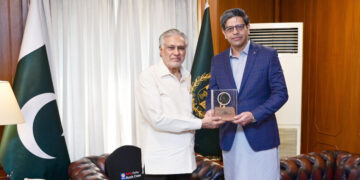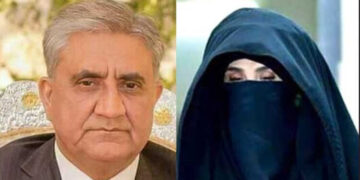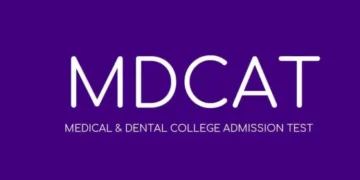By: Sobia Ali.
As we commemorate World AIDS Day, it is essential to examine the global situation of HIV/AIDS, with particular attention to the unique challenges faced by countries such as Pakistan. According to UNAIDS, the global community has seen progress in reducing new infections, but regional disparities persist.
In Pakistan, the situation reflects both advancements and ongoing challenges. The UN’s support in the form of strategic plans and collaborative initiatives has contributed to increased awareness and access to antiretroviral therapies. However, socio-economic factors continue to impact the effectiveness of interventions, particularly in rural areas.
The intersectionality of HIV/AIDS and broader health inequalities underscores the importance of tailored approaches in Pakistan’s context. The UN’s Sustainable Development Goal 3, aiming for good health and well-being for all, remains a guiding framework in addressing these challenges.
Your participation in the AIDS conference in Europe next year aligns with the UN’s call for international collaboration. These conferences provide a platform to exchange ideas, share best practices, and contribute to the global discourse on combating HIV/AIDS.
In conclusion, World AIDS Day signifies not only a day of remembrance but a call to action. The UN’s commitment to ending the AIDS epidemic by 2030 resonates globally and requires sustained efforts, both on a worldwide scale and within specific regions like Pakistan.
















